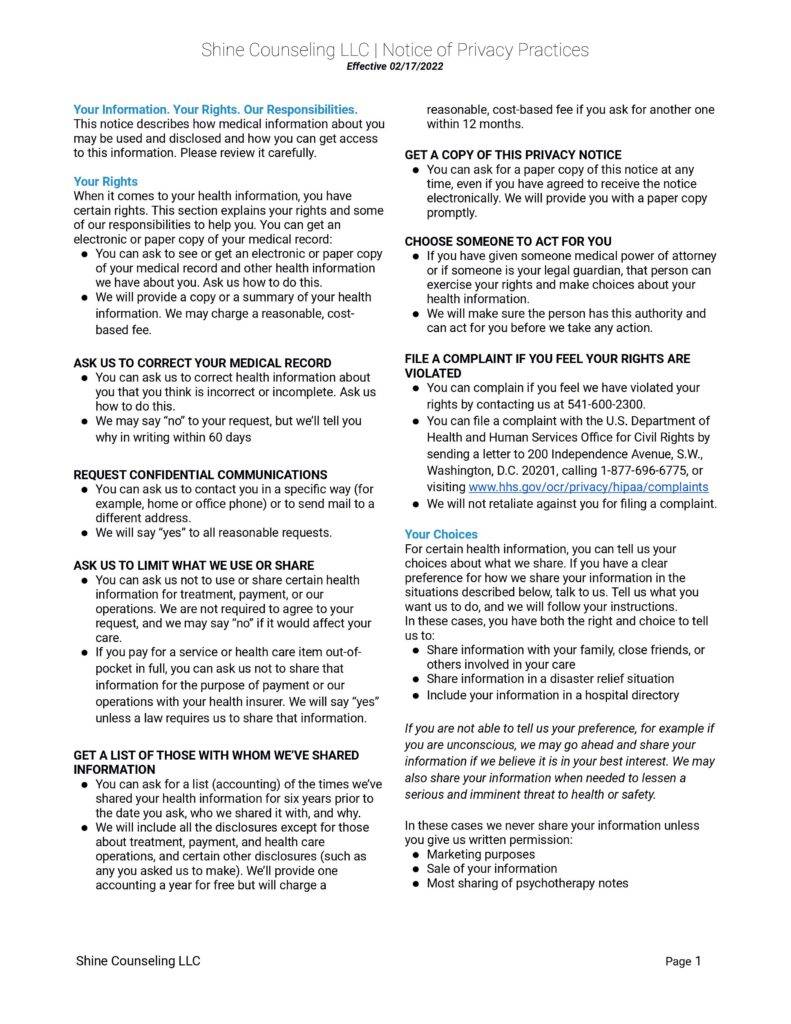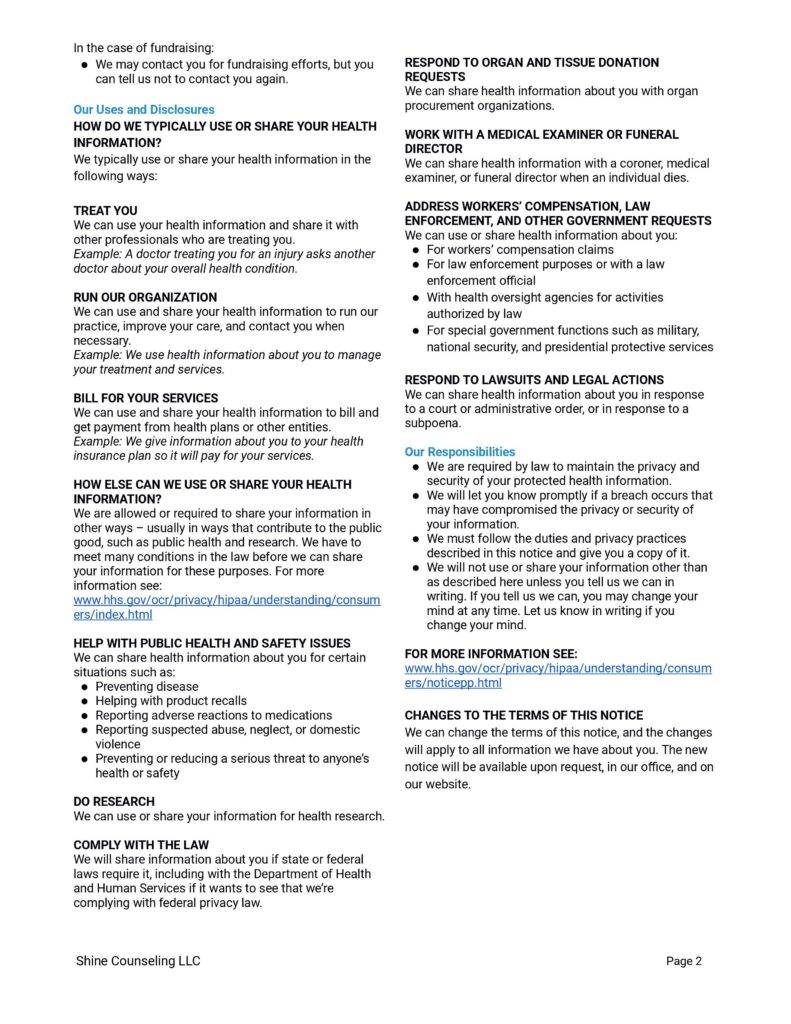Couples Counseling and Therapy
Couples Counseling and Therapy
Home - Therapy and Counseling Services - Couples Counseling and Therapy
Everything about Couples Counseling
It is common for even the healthiest relationship to go through a rough patch. As both partners continue to learn more about themselves and their significant other, they can sometimes feel like they are drifting apart. Although it is perfectly normal for this to happen, some couples decide to try and work out their differences instead of splitting up. One of the ways they can do this is through therapy! Today we’re going to learn all about Couples Therapy and how it can help relationships strengthen and grow.

Table of Contents
What is Couples Counseling?
Couples Counseling is an approach to therapy that addresses a couple’s issues and strengths to help them work on their relationship. Sometimes, a therapist will assist a partnership in tackling a specific topic that they are aware of. Other times it means helping them discover the roots of their problems. Even the happiest couples can attend therapy to ensure that they stay content together. Couples therapy is focused on learning more about a person’s partner and working towards achieving each partner’s own relationship needs and wants.
The History of Couples Therapy
This particular kind of therapy came into popular use around the 1930s. Before that, each member of a couple would see their own therapist rather than one together. Eventually, therapists began to put their knowledge together into a new approach to therapy: Couples Therapy. Used to treat Anxiety, Depression, and other obstacles a relationship may face, Couples Therapy has slowly developed into the form we know today. Dr. John M. Gottman, a man we’ll learn about soon, has dramatically helped advance this approach to therapy.


Who may find Couples Counseling helpful?
A couple may decide to go to Counseling for a variety of reasons. This can be about lack of communication, Anxiety, Depression, infidelity, physical problems, financial concerns, and more. In fact, a couple may attend therapy if they are perfectly happy. Sometimes it is helpful for a partnership to work out problems before they occur to avoid them altogether! However, treatment isn’t just about working out problems; it’s also about recognizing the good in a person’s partner.
A therapist will often assign homework to ensure that the couple is continuing to do the right things. They can adjust their goals as they go to help the couple achieve steps towards happiness. Sometimes counseling can be extremely helpful for a couple who needs a professional referee to help regulate their day-to-day interactions as well as their arguments. Over time, a pair can learn how to recognize the good in their partner and change for the better.
The difference between online and in-person Couples Counseling
Because Couples Therapy is a form of talk therapy, there is nothing largely different about it online versus in-person. However, it can be more challenging for an online therapist to read the body language of their clients. In-person therapy has the benefit of the therapist being in the room with the couple. This way, they can quickly interject, re-direct the conversation, and read the couple’s whole body language. However, online therapy has no effect on the therapist’s ability to come up with solutions, new topics, and techniques for their clients to work on.
Does Shine Counseling offer Couples Therapy?
Yes! Shine Counseling readily offers Couples Counseling to any pair who feels it may be right for them. You may be trying to relieve Anxiety, Depression or simply want to work towards strengthening your relationship. Regardless, Shine Counselors are happy to assist you with your Couples Counseling questions and needs. Please feel free to contact us if you want to try out the approach we have learned about on this page.
In depth explanation of how Couples Counseling works!
During Couples Counseling, a therapist will often observe how the pair interacts with each other and how they express (or don’t express) their emotions. They can guide the couple towards their goals and towards realizing things about each other that they hadn’t before. Let’s take a look at some of the most common approaches and ideas behind Couples Therapy.
Main Goals
A primary goal of a Couple’s therapist is for their clients to succeed in their relationship. Often when a couple turns to therapy, they have issues that they have had trouble resolving. The therapist hopes that by working with the couple, they can complete treatment with a greater sense of happiness in their relationship than with what they started with. This can come from improving their communication skills or building a stronger sense of trust and intimacy between them. Altogether, the couple and therapist can set individual goals that they want to accomplish.
The Gottman Method
Dr. John Gottman is one of the most well-known relationship experts in psychology. He and his wife, Dr. Julie Gottman, developed “The Gottman Method” to teach couples what is needed to achieve happiness in their relationship. After studying the same people for decades, Gottman has established that trust is built up in small, “sliding door” moments. When a person sees that something is wrong with their partner, they can either communicate with them or turn away. Through his research, he has found that the more couples choose to communicate, the greater chance they have at staying together. This encourages them to foster appreciation and healthy communication instead of criticism and ignorance. Communication and trust are the two pillars behind his “Sound Relationship House” model.
The Four Horsemen of the Apocalypse
Dr. Gottman has used his long-term studies to identify the main problematic patterns in a relationship. These four negative communication patterns, what he calls “The Four Horsemen of the Apocalypse,” are strong indicators of whether or not a couple will stay together in the future. They are so accurate, he claims, that he can predict the outcome of a couple (stay together happily, stay together unhappily, or end in divorce) nine times out of ten! So, without further ado, let’s take a look at each of these factors.
1. Criticism
This aspect isn’t about critiquing a minor problem that a person sees. It’s about attacking their partner’s core personality. This can often come in the form of spoken words, such as, “you’re so selfish.” It can be avoided by using “I” statements instead. An example of this can be: “I wish you would ask me before you buy expensive things. It worries me when you don’t.”
2. Defensiveness
As a result of being criticized, a person can react to their partner’s harsh words by countering them. For example, a partner may say, “You’re worried? Well, I pay the bills in this house.” This does not help solve the conflict and only makes it worse. Instead, we should try to be responsible for what is asked of us.
3. Contempt
When in the heat of an argument, it is easy for a person to believe that they are right and the other person is wrong. This can sometimes lead to contempt, or the belief that one person is superior over the other. This can come off in spoken or unspoken ways, such as an eye roll or laughing at the other person’s words. To combat contempt, a couple should treat one another with respect and appreciation.
4. Stonewalling
Have you ever been so upset with someone that you had to remove yourself from speaking with them? Stonewalling, or lack of communication, shows a person’s partner that they don’t care or want to work on their relationship. Whether they mean it or not, Stonewalling can be hurtful for both partners. To help with this, a couple can take a short break from each other, but they should come back together to calmly discuss the issue.
Summing it up
Couples Counseling focuses on discovering and treating issues that a couple may have. Dr. John Gottman has advanced the practice of Couple Therapy with his research on the four causes of divorce and what a couple can do instead to prevent this from happening.
This particular approach to therapy can be helpful for any relationship looking for some guidance. Whether to resolve conflicts or prevent them, couples counseling is offered by trained, professional therapists who can help guide a couple towards achieving their relationship goals.

Frequently Asked Questions
There is no such thing as no communication. For instance, even when we’re silent, we’re communicating something. Perhaps we are not in the mood for a talk that speaks for itself, doesn’t it? On the other hand, when we are in an exploratory mood, we ask questions. As a result, our intellectual capacity increases.
If you have questions, we have answers. Couples Therapy is one of the most common approaches, so let’s dive into some frequently asked questions!

This is a great question. It depends mainly on you and your partner's obstacles and how much you are willing to change and work on your relationship. This being said, there is definitely a possibility that Couples Therapy could prevent a couple from ending in divorce.
This again depends on what a couple is facing. Sometimes therapy can only last a few sessions as a minor conflict or goal is worked on. Other times, it can take months or years for a couple to work on deeper-rooted issues. Either way, it is essential that the pair is trying to change for the better!
If you have a partner who will not attend therapy with you, it can still be helpful to speak to a therapist about your issues. This can help relieve some stress. The therapist can also teach you how to best handle and grow from what you take into their office from your home life.
Home - Therapy and Counseling Services - Couples Counseling and Therapy

